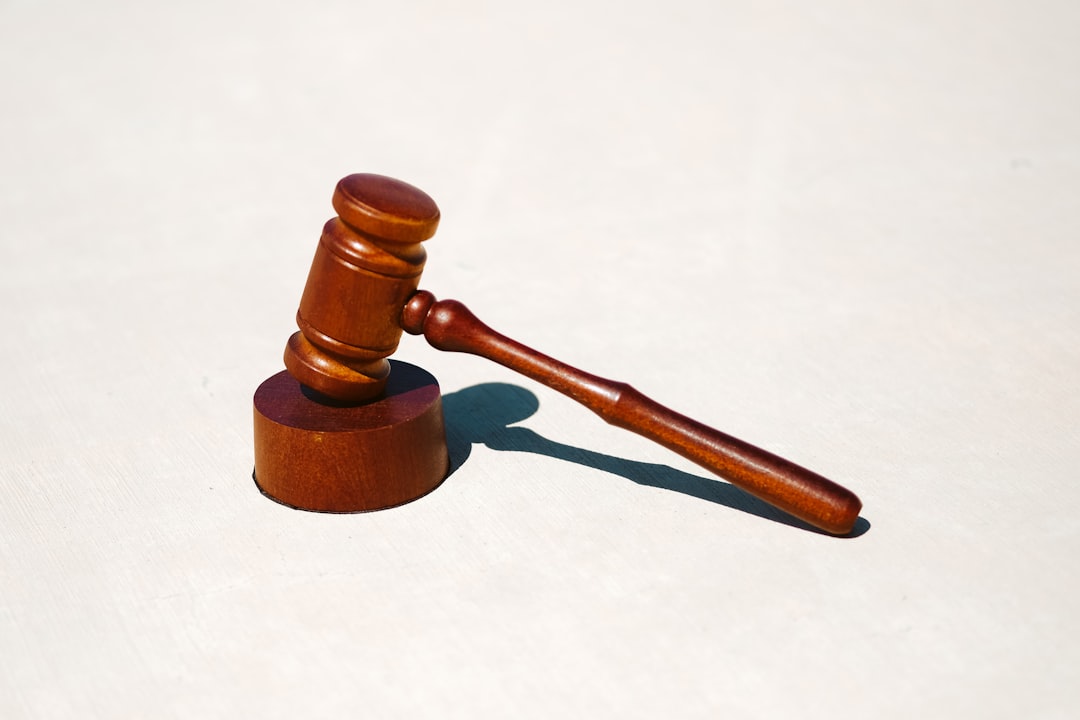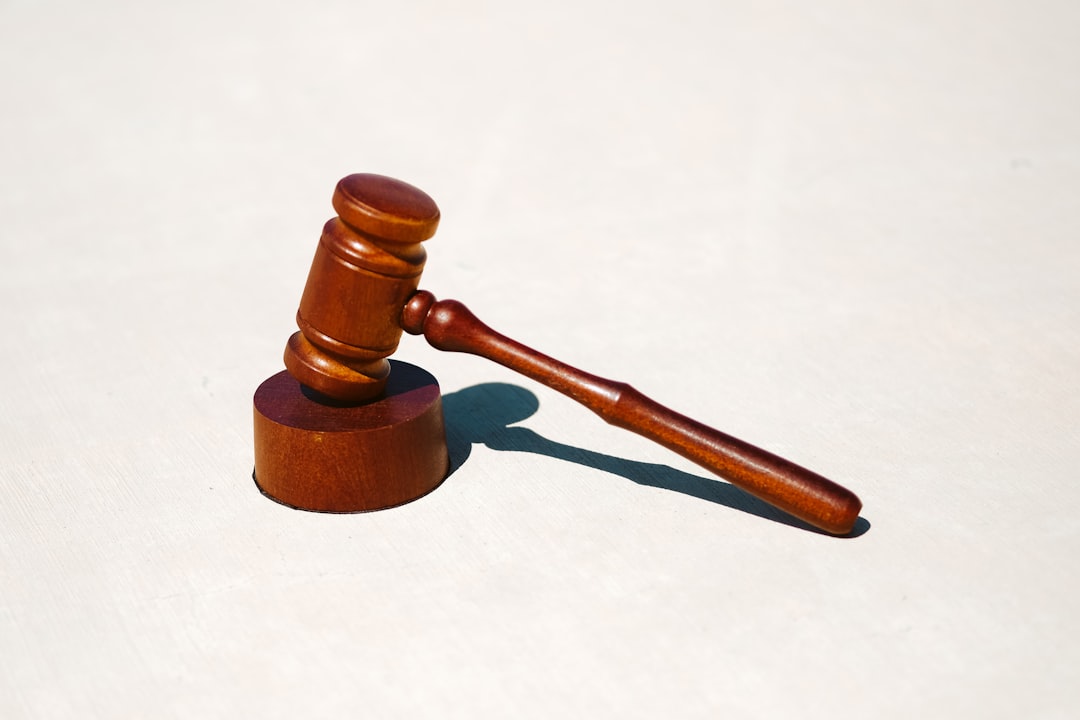Victims of sexual assault in healthcare facilities in Georgia can find justice with specialized hospital attorneys. These legal professionals guide survivors through complex claims, assess physical and emotional damages, and ensure fair compensation. Hospital attorneys Georgia are experts in navigating medical and legal complexities, advocating for victims' rights, and supporting their healing journeys by securing restitution for suffered trauma and related expenses.
In Georgia, understanding hospital sexual assault laws is crucial for victims seeking justice. This article delves into the complex landscape of calculating damages for victims, exploring what they are entitled to under the law. We also examine the vital role played by hospital attorneys in navigating these cases, providing guidance and representation. By leveraging expertise from legal professionals, victims can ensure they receive fair compensation for their trauma, with a focus on Georgia-specific legal frameworks and strategies employed by hospital attorneys.
Understanding Hospital Sexual Assault Laws in Georgia

In Georgia, hospital sexual assault is taken extremely seriously, with strict laws in place to protect victims and hold perpetrators accountable. If you or someone close to you has experienced sexual abuse while under the care of a healthcare facility, understanding your legal rights is crucial. Hospital attorneys in Georgia specialize in navigating these complex cases and advocating for survivors’ rights. They can guide you through the process, ensuring that you receive fair compensation for damages, which may include physical injuries, emotional trauma, medical bills, and more.
Georgia laws regarding hospital sexual assault are designed to deter such incidents and provide justice for victims. These laws often involve strict liability, meaning healthcare providers and facilities can be held responsible even without proof of negligence. Hospital attorneys in Georgia are well-versed in these legal frameworks, enabling them to build strong cases on behalf of their clients. They work diligently to protect the rights of survivors and ensure that they receive the support and restitution they deserve.
Calculating Damages: What Victims Are Entitled To

When a victim experiences sexual assault in a hospital setting, it can lead to severe physical and emotional trauma. In such cases, calculating damages is an essential step in seeking justice and compensation for the harm suffered. A hospital sexual assault claim may entitle victims to various forms of redress, including medical expenses, psychological treatment costs, pain and suffering, and even punitive damages in certain circumstances.
In Georgia, hospital attorneys play a crucial role in guiding victims through this complex process. They help assess the extent of the victim’s injuries, both physical and mental, and gather evidence to support their claim. Damages can be calculated based on the severity and lasting impact of the assault, as well as any long-term effects on the victim’s quality of life. Hospital attorneys will work with medical professionals and experts to ensure that every aspect of the victim’s experience is considered, ensuring they receive fair compensation for their suffering.
The Role of Hospital Attorneys in Georgia Cases

In cases of hospital sexual assault in Georgia, the role of hospital attorneys is pivotal. These legal professionals are well-versed in navigating complex medical and legal landscapes, which makes them indispensable for victims seeking justice. They help to elucidate the intricacies of such cases, ensuring that all legal avenues are explored to hold perpetrators accountable.
Hospital attorneys in Georgia play a crucial part in calculating damages by focusing on the physical and psychological trauma suffered by the victim. They work tirelessly to compile evidence, including medical records, expert opinions, and witness statements, to substantiate the claim. Their expertise enables them to advocate for fair compensation, which may include medical expenses, pain and suffering, and other relevant damages, ensuring that victims receive the support they need to heal.




